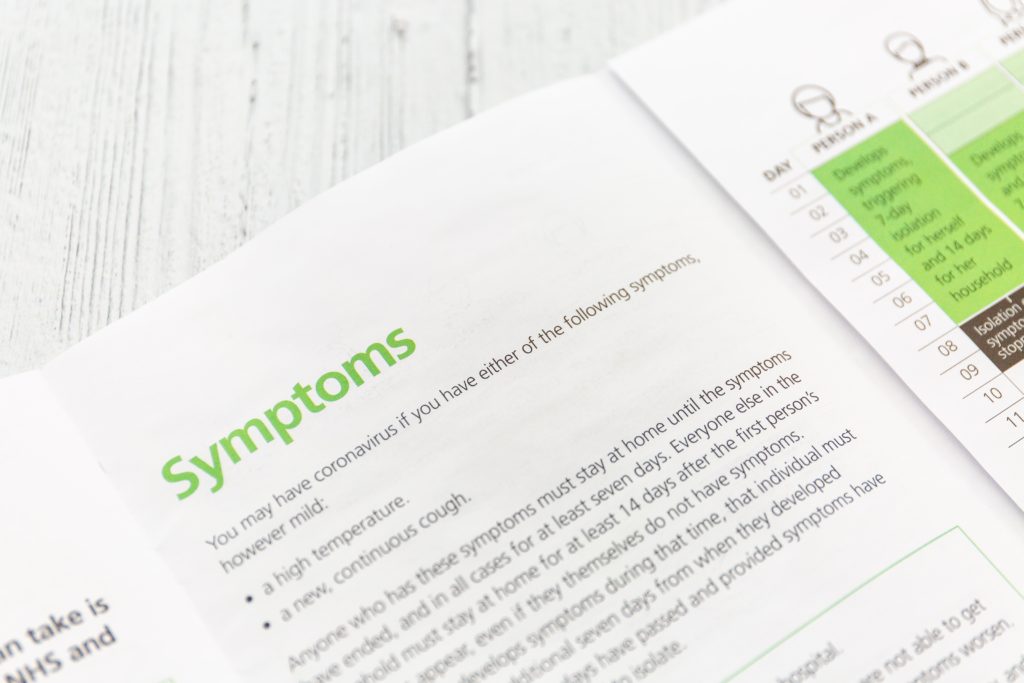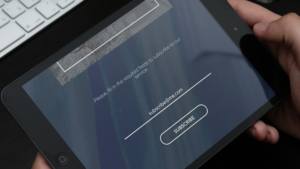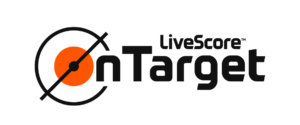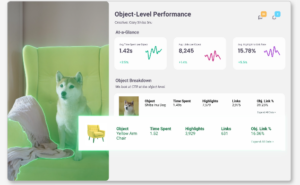By Lisa Lishman, Partner, Commercial Director, Page & Page and Partners
Since the internet became an essential utility, it has become the de facto platform for sourcing information. People rely on online searches for much of their knowledge gathering and as screen life has become an even bigger part of people’s lives during coronavirus – adults spent an average of four hours a day online – this has expanded.
Consequently, the combination of the global health crisis and home-based living has led to an inevitable rise in health related online searches. And while online searches of conditions, ailments and symptoms have been an issue for GPs and health care professionals (HCPs) for many years now, it has reached new heights during in this period.
The greatly limited face to face consultations have led to new behaviours. Firstly, people have been more anxious about their health. With the Covid-19 pandemic raging all around, every niggle, sniffle, symptom and ache is more likely to be picked over, as awareness of our vulnerability and mortality has been more acute.
Secondly, there has been a genuine desire in this country to help lighten the load of the NHS. Aware that the system – and those working within it – have been stretched to near breaking point, people have tried to alleviate the pressure. So, they have turned to search to better self-diagnose rather than instantly booking an appointment with their GP as they may have done previously.
And it’s not just online searches that have been the source of added information. The rise of at-home diagnostic devices such as Fitbits, Apple Watches, blood pressure and glucose monitors, and cholesterol tests have all added to people’s access to medical information.
This means that when patients do see their GP, they come armed with the support of Dr. Google. This has both advantages and disadvantages – but it does leave those working in primary care with the conundrum of how to approach this more empowered patient entering their clinic for consultation.
The biggest concern is that – depending on where people have found their information – they may determine that they have a tickly cough or that they have something much more serious when they don’t. This is the disadvantage – and indeed danger – of freely availability information without guidance from an HCP. Misdiagnosis can send the worried well down panic-stricken rabbit holes.
So, for GPs, the best strategy may be to acknowledge Dr. Google – and other forms of misinformation such as fake news articles, online forums and social media pages and influencers – from the outset to manage the situation. They may need an approach where they say, ‘okay, that’s the information you have found but to confirm or deny that, let’s start back at the beginning’. The nature of consultations may need to adapt in the face of people’s increasing comfort carrying out online research.
Pharmaceutical companies may need to reinforce their online information with the message that it requires the power and skill of a GP to accurately diagnose any ailment or condition and that it requires expertise to take a holistic view of the patient. Indeed, the GP is often the buffer to help a patient manage an information overload that can be overwhelming and scary.
This is in keeping with best practice for pharmaceutical communications with GPs – patient empowerment and creating patient-centric communications is all about bringing the individual into the conversation, as that’s the best way to understand the burden of a condition or the power of a drug therapy. We have the rise of patient advocacy groups, but pharmaceutical companies can’t champion those and leave the GP behind. They need to focus on patients and GPs in parallel.
HCPs have already made real strides in managing a virtual world of online appointments and telephone consultations, now it’s about a hybrid world. So going forward they must address Dr. Google in the room. As part of the patient assessment, alongside family history and lifestyle questions, should HCPs now be asking ‘what have you read’, ‘where have you researched’? There is a big difference between reading an article in a healthcare journal and a random post on an online forum – so they need to understand where the patient is getting their information. Part of the health check could be a knowledge check.
A correct diagnosis can sometimes take time and patients often look for online support groups and communities to help so improving communications around health and wellbeing is the most effective way to mitigate against the rise of ‘cyberchondria’ born from self-diagnosis and Dr. Google.









